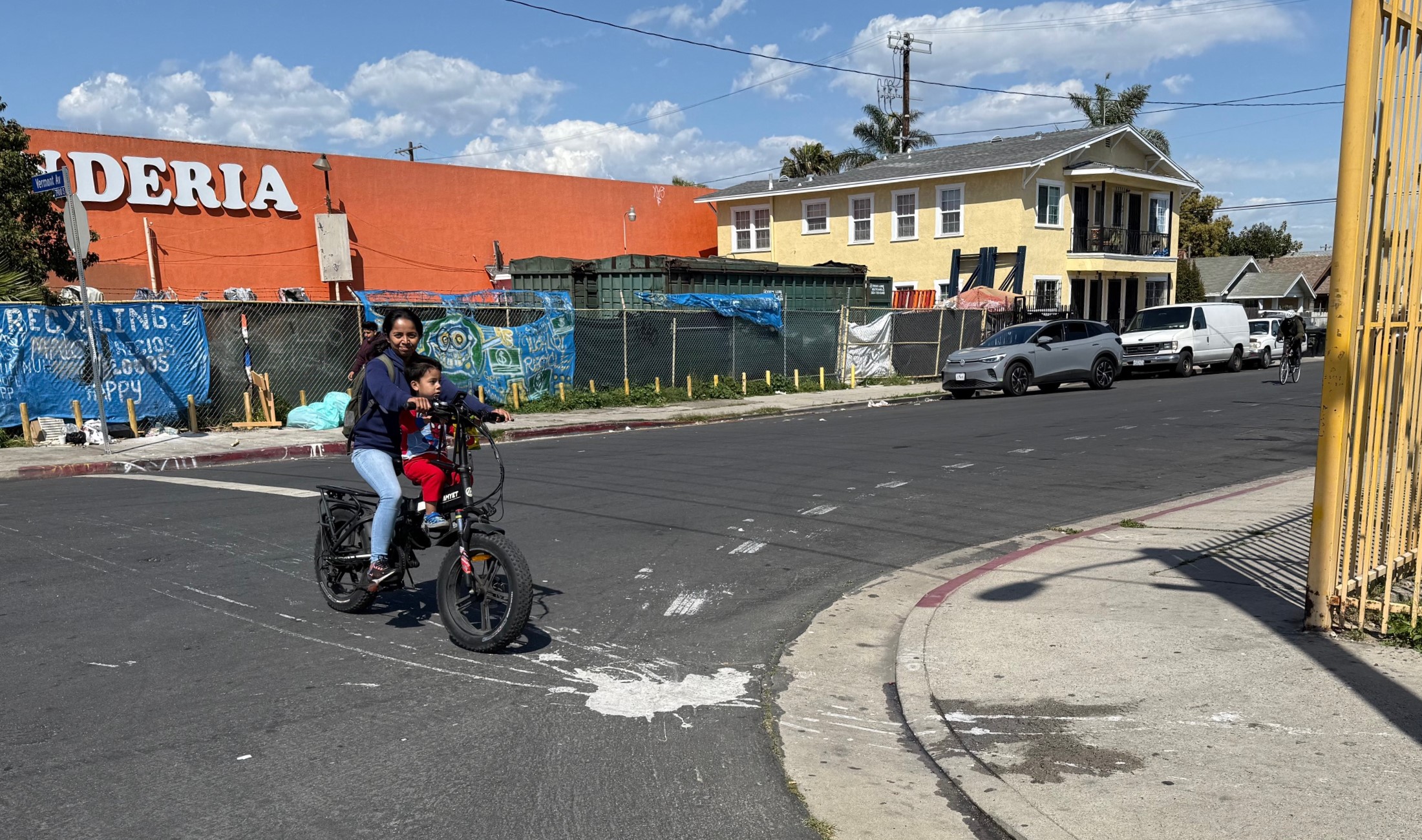
A new study by researchers at UCLA and USC calculates the cost to people of lower income of funding transportation with toll revenue and compares it to other ways of funding transportation. The study concludes that tolls, especially congestion pricing tolls, are among the most progressive ways to raise funds. The study reaches this conclusion by comparing the source of funds generated by HOT Lane tolls on SR-91 with fees collected from taxes in Orange County.
From the abstract, emphasis added by Streetsblog:
This paper compares the cost burden of a value-priced road, State Route91 (SR91) in Orange County, California with the cost burden underOrange County’s local option transportation sales tax, Measure M. Wefind that although the sales tax spreads the costs of transportationfacilities across a large number of people inside and outside OrangeCounty, it redistributes about $3 million (USD) in revenues from lessaffluent residents to those with higher incomes. The entire Measure Mprogram redistributes an estimated $26 million from low-incomeresidents to the more affluent. Low-income drivers as individuals savesubstantially if they do not have to pay tolls, but as a grouplow-income residents, on average, pay more out-of-pocket with salestaxes.
What little press this report has garnered has focused on what it means to Metro's push to convert HOV Lanes to HOT Lanes, but the report raises a larger problem for Metro than it might help solve. If this report backs up the BRU's contention that sales taxes are regressive, what does it say about Metro's chances of seeing its half cent sales tax increase passed by voters this fall?
Photo: BigMikeLakers/Flickr






